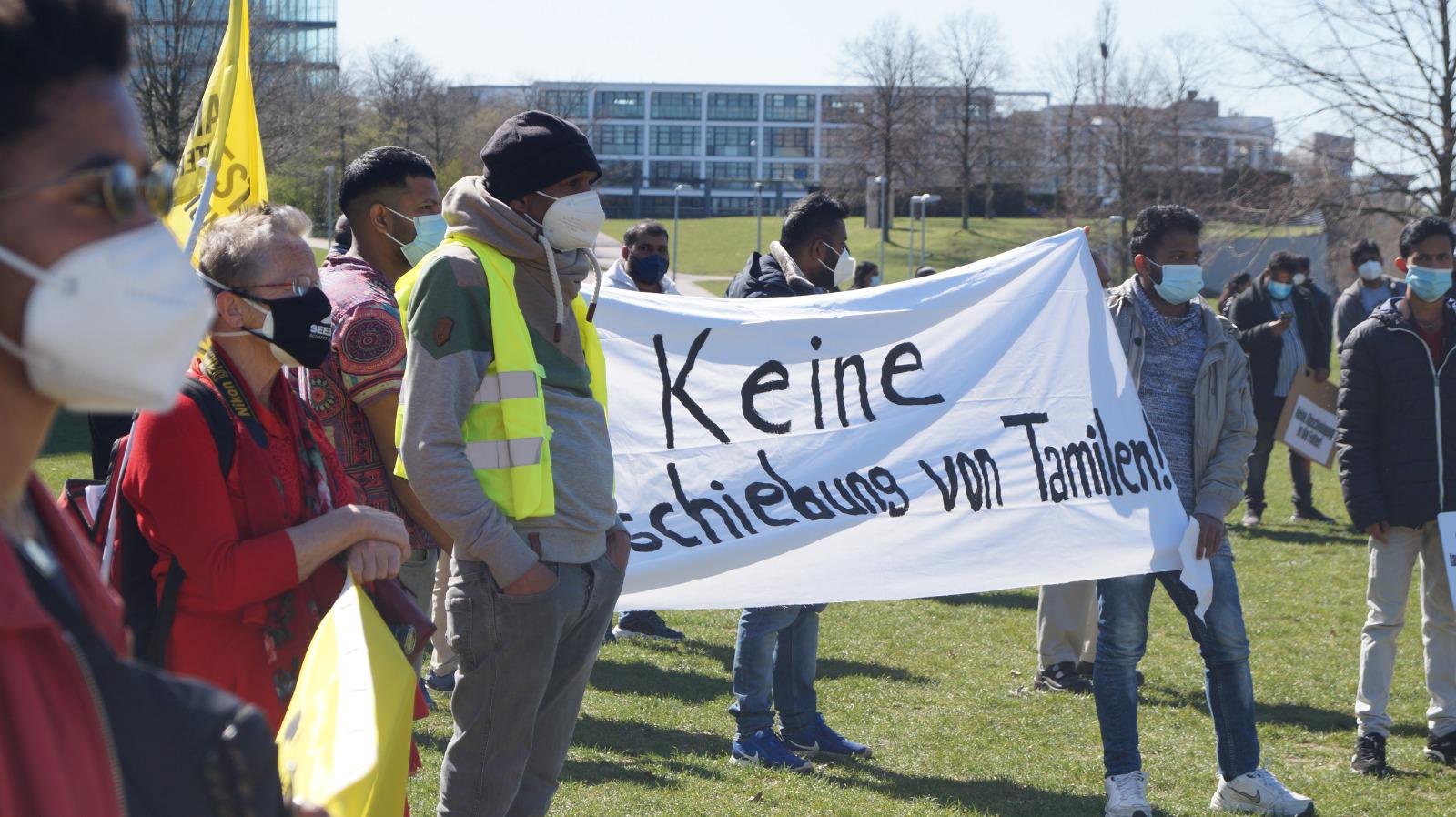
Germany is reported to be planning to deport more Tamil refugees to Sri Lanka despite the credible risks of torture and human rights abuses.
This comes as Britain's Upper Tribunal has officially recognised the threat of "ill-treatment" to peaceful Tamil activists posed by the Sri Lankan state which the tribunal defines as an "authoritarian regime".
The International Truth and Justice Project have documented 178 cases of torture from 2015-2018, excluding 22 individuals abroad who reported torture following the UN special investigation. Since Gotabaya Rajapaksa came to power in late 2019, a further 5 cases have been documented abroad of abduction, torture and sexual violence of Tamils. The ITJP notes, "this likely represents the tip of the iceberg".
Reporting on this the People’s Council of Eelam Tamils in Germany, officially known as Volkrat der Eelam Tamilen (VETD). tweeted:
Since 2 days Germany is again preparing a deportation of #Tamils to #SriLanka. Despite continuous abuses of human rights there Germany ignores them. sad & double standard politics. @BaerbelKofler @GermanyinSL @TamilGuardian @GermanAmbColo @Deport_Alarm @JDSLanka
— VETD (@VETD_official) June 2, 2021
At the end of March 2021, the German Tamil community and politicians protested for the release of the estimated 100 Tamil asylum seekers who were detained by German authorities following a series of raids. One of the detainees claimed that the authorities invited asylum seekers to renew their permits to remain but upon arrival at the building, they were detained by police officers, who confiscated their phones and prevented them from communicating with their relatives and loved ones. Despite the widespread public condemnation of the deportations, only four of the Tamil detainees were released at the last minute at Düsseldorf airport. Those who were deported from Germany and Switzerland were handed to Sri Lanka's Criminal Investigation Department.
The unexpected and widely criticised mass deportations to a state that remains implicated in both, past and ongoing rights violations against the Tamil and Muslim communities came merely days after Germany co-sponsored a resolution at the 46th session of the United Nations Human Rights Council. Arbitrary detentions, alleged torture and other cruel, inhumane degrading treatment or punishment by the Sri Lankan state are amongst the issues acknowledged by Germany before enforcing the deportations.




